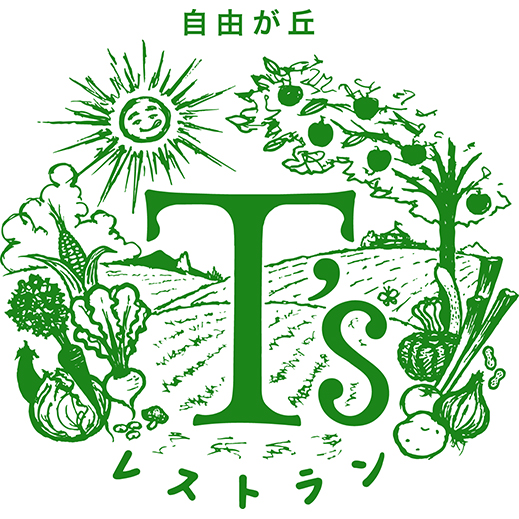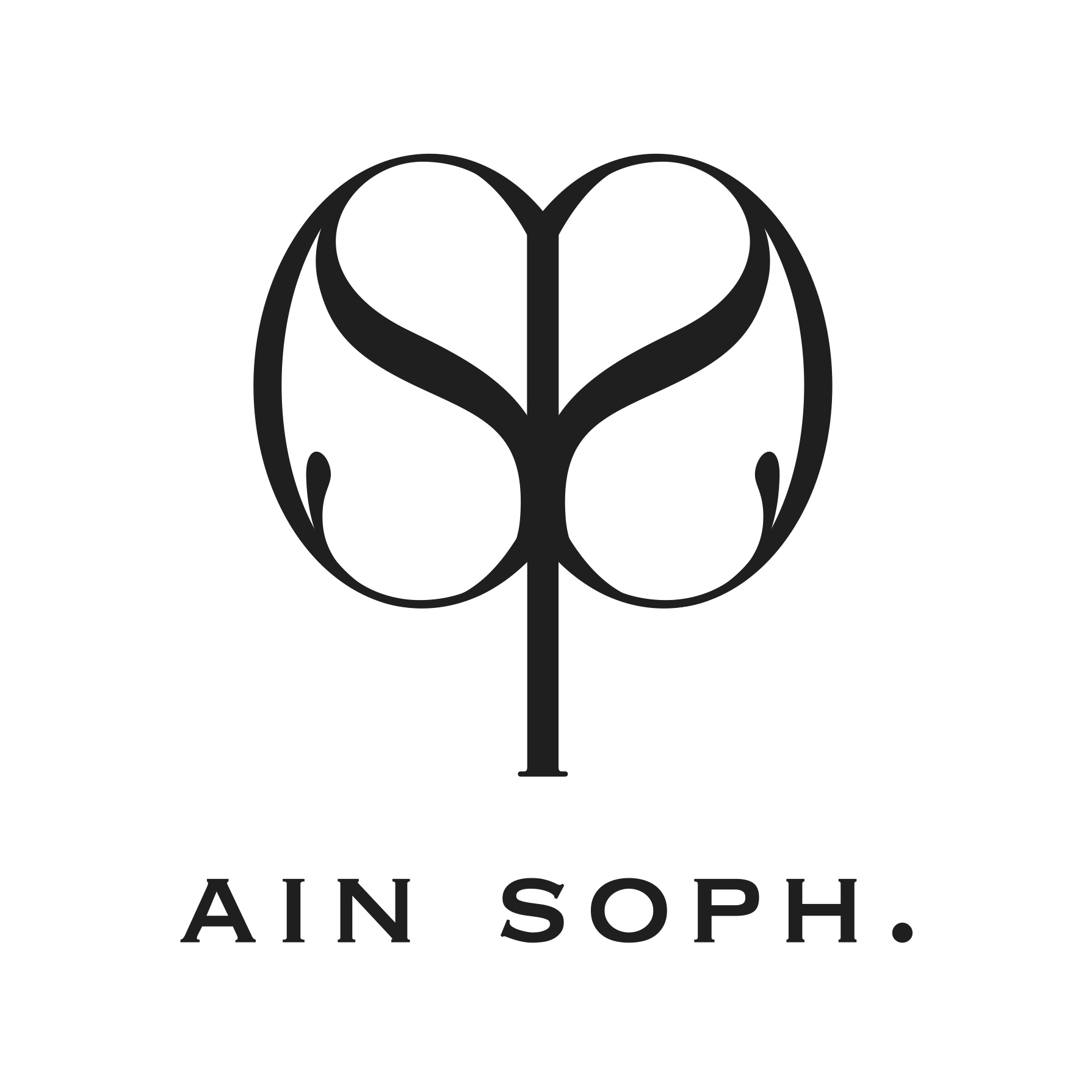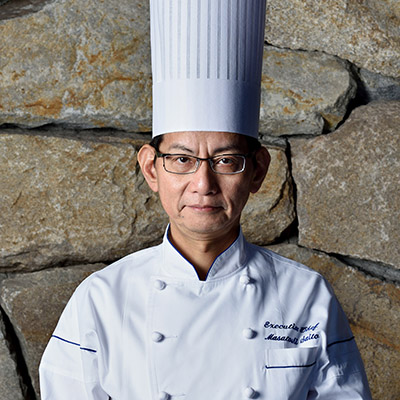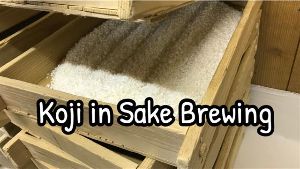May 25, 2020
Healthy & Delicious Konnyaku on Your Table
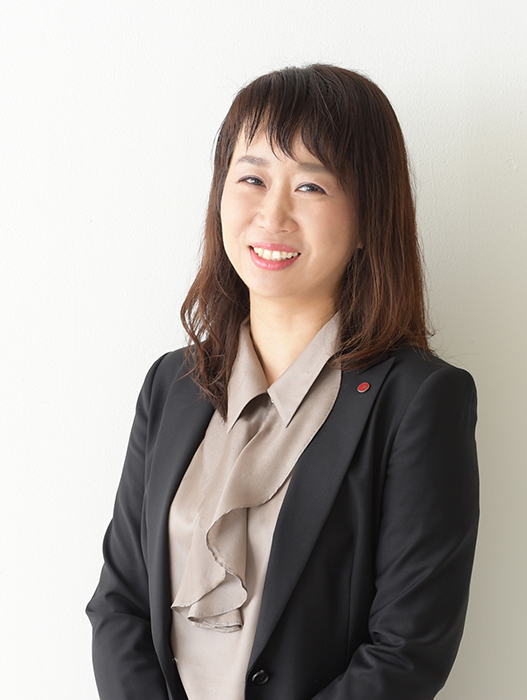
Sayuri Yoshida, IA Foods CEO
What's special about konnyaku?
This traditional and historical food was introduced to Japan from China together with Buddhism in the 8th century. It is made by gelatinizing glucomannan, the polysaccharide found in konnyaku imo (root), and then setting it with an alkaline solution (calcium hydroxide). Konnyaku has long been called “spring cleaning for the bowels” and is said to improve and regulate the gut environment, aiding the excretion of waste. Konnyaku production is one of the representative local industries of Gunma Prefecture, which accounts for around 94% of Japan’s konnyaku imo production.Why is konnyaku good for health and beauty?
There are three main reasons.(1) Healthful composition, with low calories, low carbs, and zero fat. It’s a boom for people looking to restrict calories and sugar intake.
(2) It includes dietary fiber, which is not absorbed in the bowels and has a detox effect that helps to expel waste.
(3) The skin of konnyaku imo includes ceramide, a moisturizing ingredient, so it can be expected to deliver beautifying effects.
How is the nutritional value of konnyaku different from rice, bread, and noodles?
Konnyaku is far healthier than carbohydrates. However, it has a distinctive odor, so it is pre-processed before cooking to remove odor and bitterness.| Per 100g | Rice | Udon | Bread | Konnyaku |
|---|---|---|---|---|
| Calories | 168kcal | 270kcal | 264kcal | 5kcal |
| Carb | 36.8g | 55.6g | 44.3g | 0.1g |
| Fat | 0.0g | 0.6g | 4.4g | 0.0g |
What are some good ways to eat and enjoy konnyaku?
It can be used as a boiled or stewed ingredient in classic washoku or eaten raw as thin konnyaku noodles and sashimi konnyaku slices.Konnyaku is attracting attention as a substitute ingredient to reduce intake of carbohydrates and calories.Konnyaku noodles are a substitute of ramen and pasta, and rice konnyaku (in the shape of rice grains) can partially replace rice.
There are konnyaku products in many other forms to suit different preparation methods. As a raw material, it is used in sweet jellies and other desserts, where it improves texture and consistency, in paste-based items such as chikuwa, where it maintains moisture and shape, and in bread and cakes.
What would you most like to tell people overseas about konnyaku?
It’s a healthful ingredient, with low calories, low carbs, and zero fat. I want people to know that it has very wide potential, so you can arrange it into all kinds of dishes and ingredients, for use in diverse cuisine, not just Washoku.Please tell us about yourself.
I took over the company from my father in 2011, when I was 36, becoming the second-generation CEO. I’m also a housewife and mother. I use my feminine intuition to plan and develop konnyaku products from new concepts.What is the corporate mission of IA Foods, and your vision as CEO?
We want to preserve the tradition of konnyaku as one of Japan’s good old ingredients, while developing innovative konnyaku products that match modern needs. We see our most important mission as sharing the appeal of konnyaku products. We want to introduce people to preparation methods and uses for konnyaku as a health food, and to ways to make the most of its properties as an ingredient. We want to take konnyaku products into diverse culinary fields.My vision for the future is to contribute to the advancement and stimulation of the local economy by expanding the market for konnyaku. To that end, I want us to be a company in which everyone comes together to challenge new food fields, achieving long-lasting growth. I want to go on spreading delicious konnyaku to the world, and making konnyaku products that people choose to enrich their dining tables with.
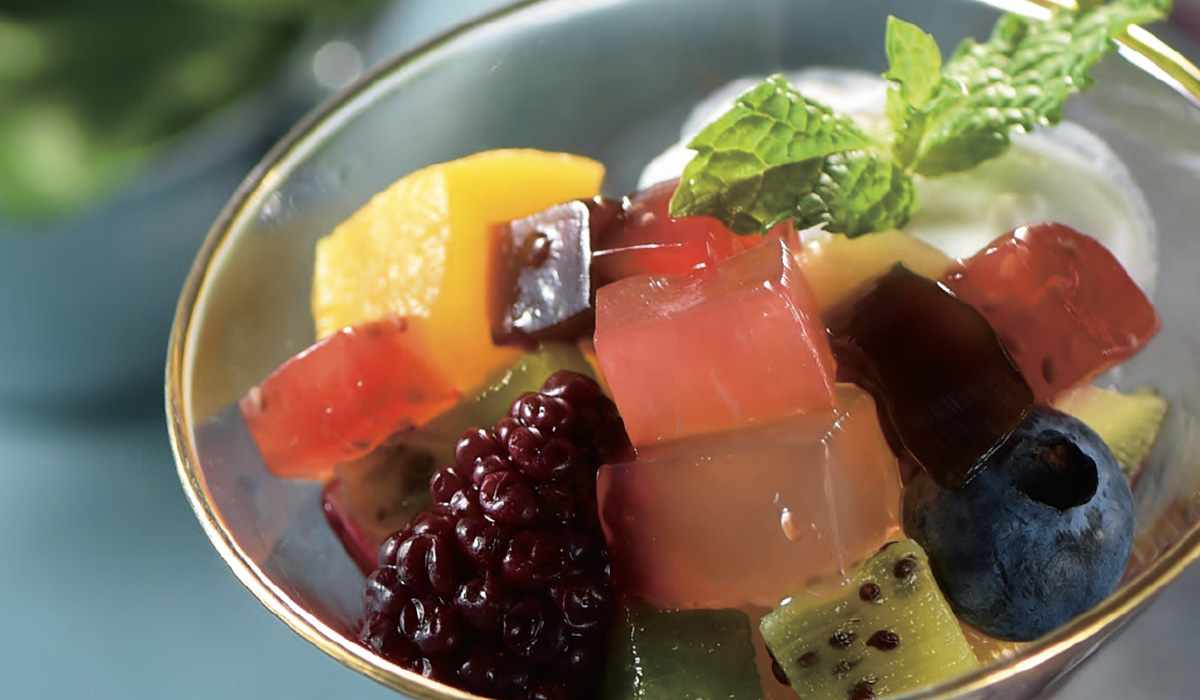
Konnyaku flour is used in a wide range of sweets and desserts, from traditional Japanese desserts like kuzumochi to fruit-flavored jellies. The addition of konnyaku with its many benefits makes these sweet delights healthier than the normal variety.
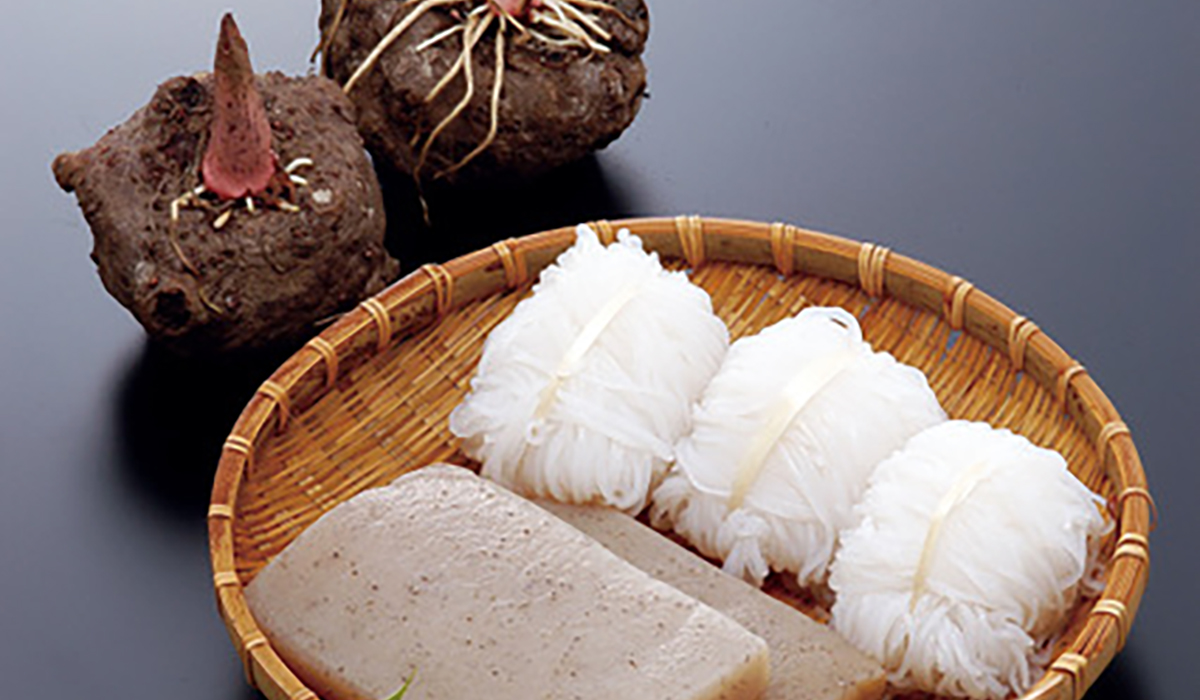
Konnyaku as it is used in traditional Japanese cuisine comes in a block form “ita-konnyaku” or in thin string-like strips “shirataki” (white waterfall). Ita-konnyaku may be sliced or diced depending on the dish, but konnyaku products now come in various shapes and flavoring for the convenience of modern home cooking.
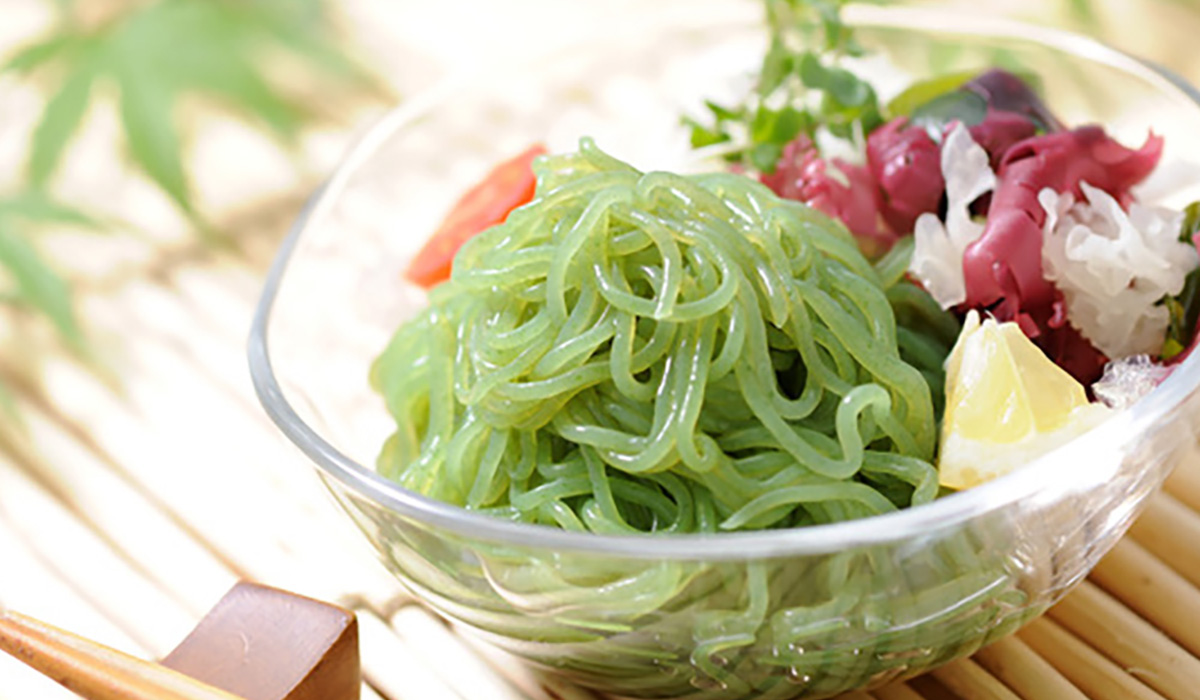
Individually packed konnyaku noodles, with their health and beauty properties, are blended with ingredients such as rice flour and glutinous barley flour as a low-calorie alternative to noodles such as ramen, udon, and pasta.



